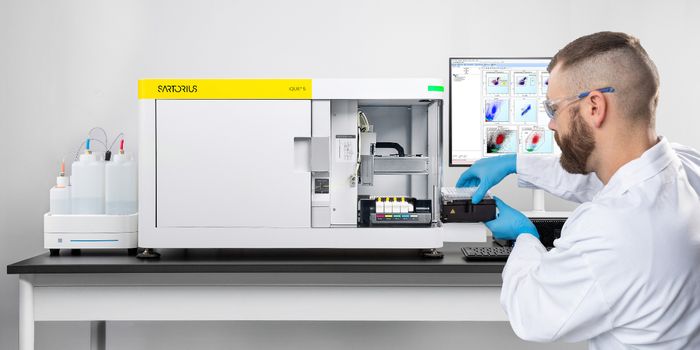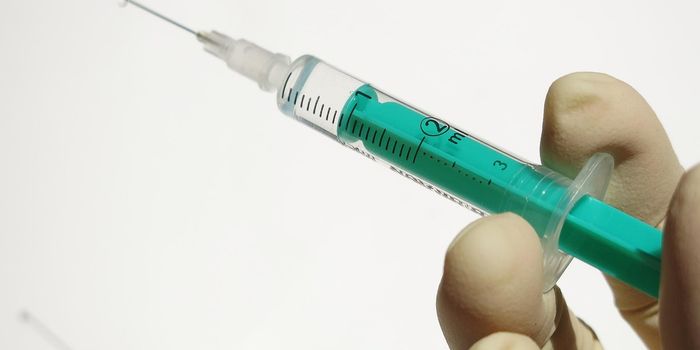New Blood Test for 8 Cancers Works With Mixed Results
Early diagnosis is hailed as a central factor in determining a cancer patient’s likelihood of experiencing successful treatment and healing. Many types of cancers continue to lack quick, accurate diagnostic methods. A new blood analysis called CancerSEEK can identify eight cancers to varying degrees of success, including five that lack routine screening procedures at this time.
"This test represents the next step in changing the focus of cancer research from late-stage disease to early disease, which I believe will be critical to reducing cancer deaths in the long term,” study Co-author Dr. Bert Vogelstein of the Johns Hopkins University (JHU) School of Medicine says.
During this study, CancerSEEK was tested on 1005 patients with non-metastatic (cancer that has not spread from its primary site to other locations), clinically-detected cancers of the colorectum, lung, ovary, breast, liver, stomach, pancreas and esophagus. Ovarian, liver, stomach, pancreatic and esophageal cancers do not currently have routines tests for average-risk populations.
When cancer forms, it releases proteins and mutated DNA into the person’s blood. The new test looks for these cancer markers – specifically, 16 gene mutations and eight proteins associated with the eight cancers.
"A novelty of our classification method is that it combines the probability of observing various DNA mutations together with the levels of several proteins in order to make the final call," Co-author Dr. Cristian Tomasetti of JHU says. CancerSEEK identified 70 percent of the cancers. The sensitivity of the test ranged from a high 98 percent for ovarian cancer down to 33 percent for breast cancer. For the five cancers lacking regular screens, the test’s sensitivity fell between 69 and 98 percent. CancerSEEK also zeroed in on the location of the cancers “to a small number of anatomic sites in a median of 83 percent of the patients,” the abstract states.
When 812 cancer-free adults were given the blood evaluation, only seven false-positives were reported. Co-author Dr. Kenneth Kinzler of JHU explained the importance of this specificity in this way: "… false-positive results can subject patients to unnecessary invasive follow-up tests and procedures to confirm the presence of cancer."
According to the study’s authors, early-detected cancers will ideally be treated solely with surgery, but even when this is not possible, other therapies will also be more successful when they can begin earlier on in the cancer’s advancement.
Cancer is a leading cause of death around the globe and more than 1.65 million new cancers were diagnosed in the U.S. in 2017. While cancer in the U.S. is generally declining, it is the JHU researchers’ hope that the evolution and refinement of early detection tests like CancerSEEK can reduce the number of cancer-related deaths worldwide.
The team expresses the need for there to be larger studies at this point into the new blood test and says these studies are already in the works. The research, “Detection and localization of surgically resectable cancers with a multianalyte blood test,” was published in the journal Science in January 2018.









